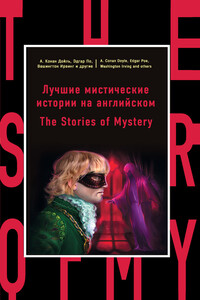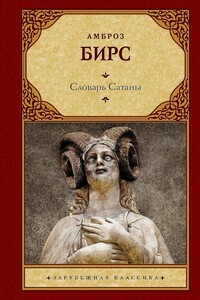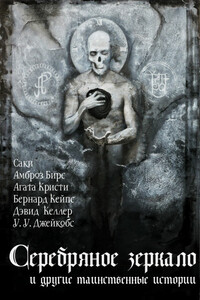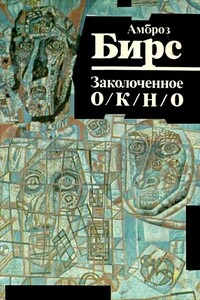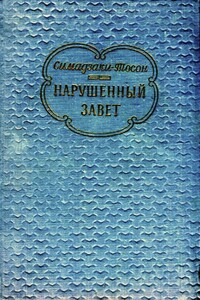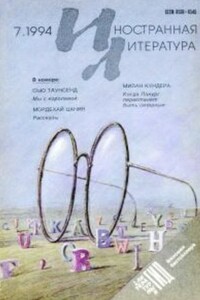Best Short Stories | страница 41
None was necessary, however, for before the lady in question brought her visit to a close they honoured me with an invitation to dinner, which I accepted. There was a largeish party on the occasion, but I confess I thought of Brooksmith rather more than of the seated company. They required no depth of attention — they were all referable to usual, irredeemable, inevitable types. It was the world of cheerful commonplace and conscious gentility and prosperous density, a full-fed, material, insular world, a world of hideous florid plate and ponderous order and thin conversation. There was not a word said about Byron. Nothing would have induced me to look at Brooksmith in the course of the repast, and I felt sure that not even my overturning the wine would have induced him to meet my eye. We were in intellectual sympathy — we felt, as regards each other, a kind of social responsibility. In short we had been in Arcadia together, and we had both come to this! No wonder we were ashamed to be confronted. When he helped on my overcoat, as I was going away, we parted, for the first time since the earliest days in Mansfield Street, in silence. I thought he looked lean and wasted, and I guessed that his new place was not more ‘human’ than his previous one. There was plenty of beef and beer, but there was no reciprocity. The question for him to have asked before accepting the position would have been not ‘How many footmen are kept?’ but ‘How much imagination?’
The next time I went to the house — I confess it was not very soon — I encountered his successor, a personage who evidently enjoyed the good fortune of never having quitted his natural level. Could any be higher? he seemed to ask — over the heads of three footmen and even of some visitors. He made me feel as if Brooksmith were dead; but I didn’t dare to inquire — I couldn’t have borne his ‘I haven’t the least idea, sir.’ I despatched a note to the address Brooksmith had given me after Mr. Offord’s death, but I received no answer. Six months later, however, I was favoured with a visit from an elderly, dreary, dingy person, who introduced herself to me as Mr. Brooksmith’s aunt and from whom I learned that he was out of place and out of health and had allowed her to come and say to me that if I could spare half-an-hour to look in at him he would take it as a rare honour.
